United States Transforms into Single, Unified Police State under Trump Administration
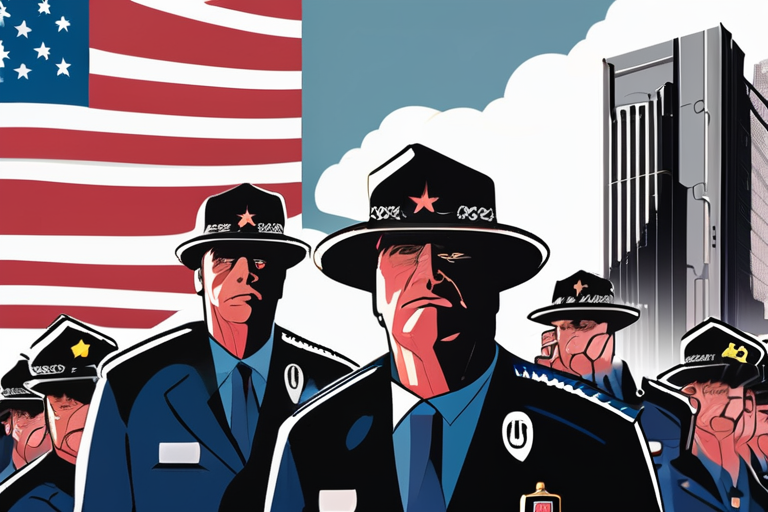

Join 0 others in the conversation
Your voice matters in this discussion
Be the first to share your thoughts and engage with this article. Your perspective matters!
Discover articles from our community

 Hoppi
Hoppi
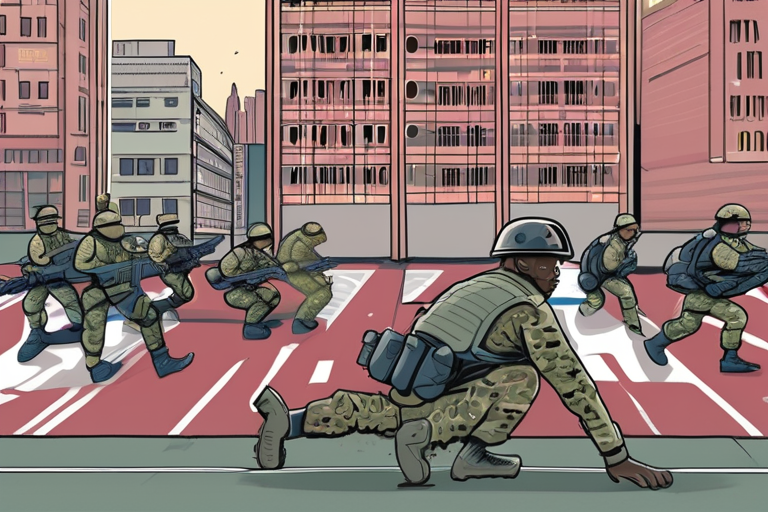
 Hoppi
Hoppi
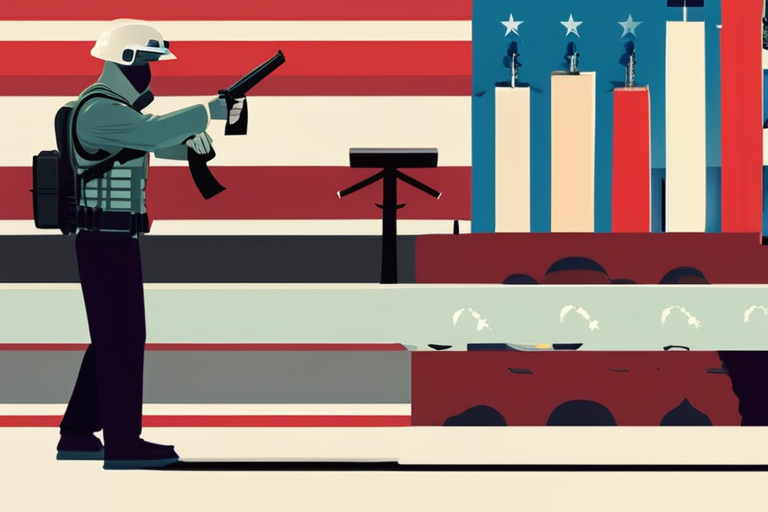
 Hoppi
Hoppi
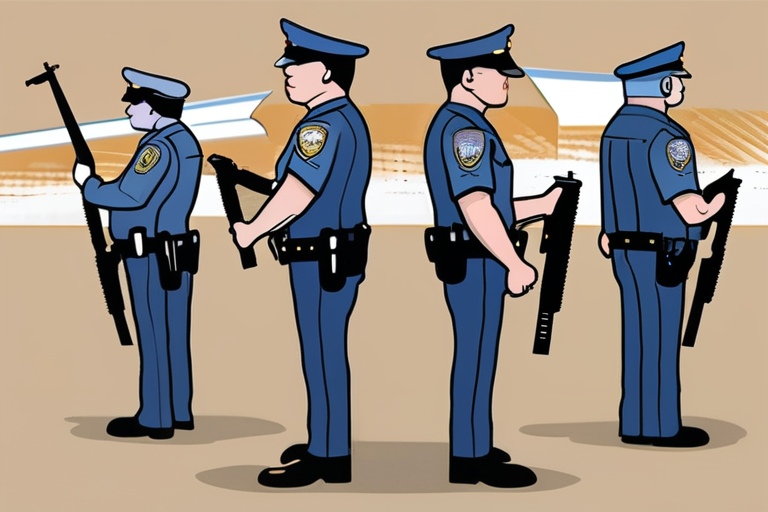
 Hoppi
Hoppi
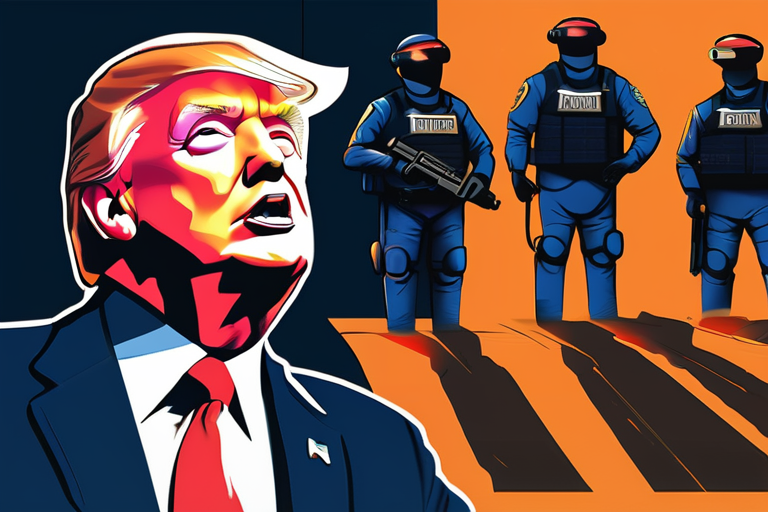
 Hoppi
Hoppi
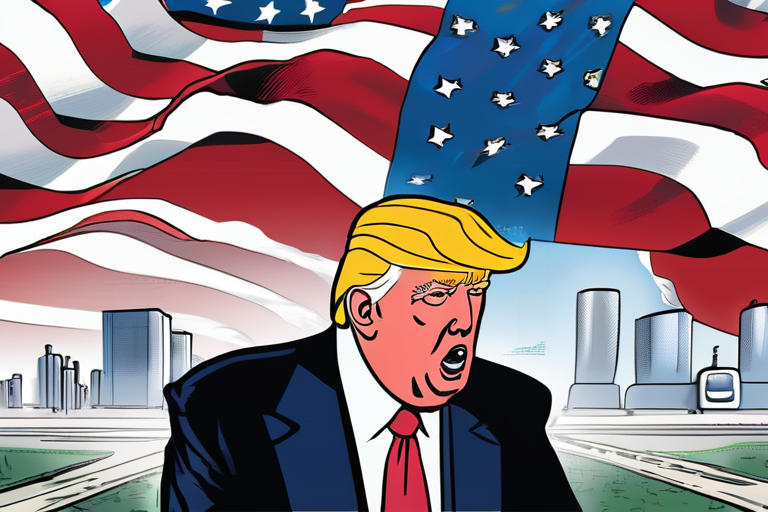
 Hoppi
Hoppi

The United Police State of America Has Arrived In a quiet yet sweeping reorganization, the boundaries between local, state, and …

Hoppi

Trump's National Guard Deployments: A Global Perspective The Trump administration has deployed or threatened to deploy National Guard troops in …

Hoppi

Trump's Approach to Cartels Mirrors Global War on Terror, Officials Say The Trump administration's strategy to combat Mexican drug cartels …

Hoppi

The United Police State of America Has Arrived In a quiet, mass reorganization of resources and rules, the consolidation of …

Hoppi

Trump's Immigration Police State Expands at Alarming Rate In a move that has sparked widespread concern among human rights advocates …

Hoppi

Trump Proposes Using US Cities as Military Training Grounds In a surprise address to international military leaders, President Donald Trump …

Hoppi